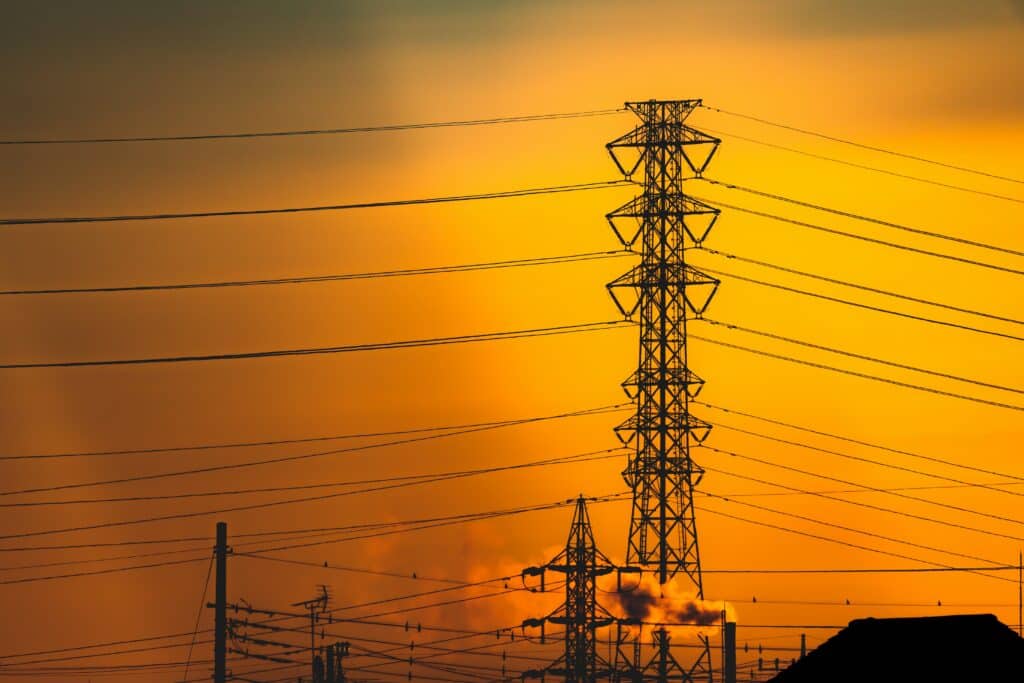Claude Crampes and Thomas-Olivier Léautier
Peak load pricing is the single most important insight into the electric power industry. A simplified version of the story starts by observing that demand is lower than available production capacity 99% of the time. Electric power being a commodity, when demand exceeds supply, the price is set at variable cost, which today is around 30 – 50 €/MWh. For the remaining 1% of the time, demand is very close to available production capacity, and price must rise to cover the fixed cost of generation plants. These “spikes” can reasonably reach 1 000 €/MWh for a few hours. Peak price can reasonably be 30 times higher than off-peak price.
This unique pricing structure raises a series of challenges for all stakeholders. For example, investors are hesitant to build power plants that rely on 1% of the hours to secure a return; symmetrically, consumers and policy makers are concerned that producers have incentives to increase the frequency of “price spikes”.
During the upcoming FSR Executive Course to Master Electricity Markets, we will present peak-load pricing and its implications for investors, consumers, and policy makers.






